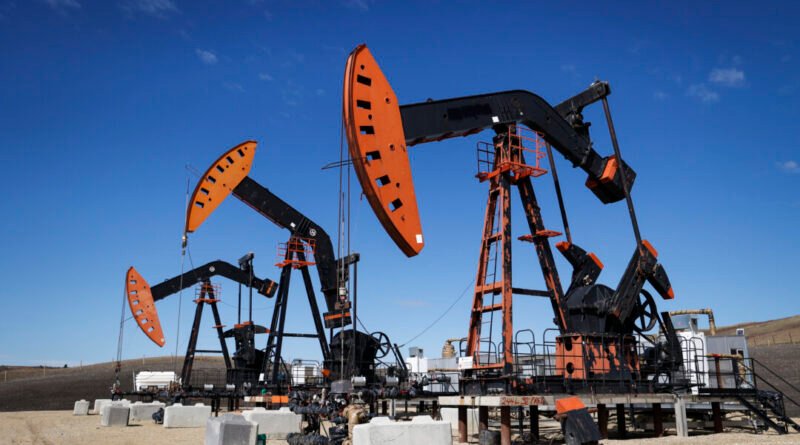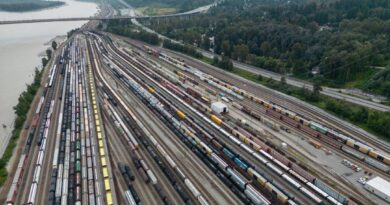Cuts in Oil and Gas Production Essential for Achieving Emissions Cap: Deloitte
According to a new report by Deloitte, Canadian oil and gas companies facing a federally imposed emissions cap are likely to choose to reduce their production rather than invest in costly carbon capture and storage technology.
The report, commissioned by the Alberta government and obtained by The Canadian Press, assesses the economic impact of the proposed emissions cap and challenges the federal government’s view that the cap would only target pollution and not production.
Deloitte’s report suggests that imposing a cap could lead to production cuts and severe economic consequences, rather than widespread adoption of carbon capture and storage technology to reduce emissions in the oil and gas sector.
The report predicts a reduction of 20 megatonnes in emissions by 2030, which would require investments in carbon capture and storage or production curtailment. Deloitte states that cutting production would be a more cost-effective option than investing in CCS.
The oil and gas sector is Canada’s highest-emitting industry, with increasing emissions due to rising oilsands production even as other sectors reduce overall emissions.
Globally, oil demand is rising, but the report suggests that the growth in supply will eventually outpace this demand surge. The federal government proposed a cap on oil and gas emissions to combat climate change, with companies required to cut emissions by 35-38% from 2019 levels by 2030.
Deloitte’s report indicates that oil and gas production in Canada could still increase significantly by 2040, based on current forecasts and policies. This leaves companies facing a choice between investing heavily in carbon capture and storage or reducing planned production increases to meet emission constraints.
The oil and gas industry has advocated for carbon capture and storage as a way to reduce emissions while expanding production. However, the report finds that the high cost of CCS makes it economically unviable for many companies to invest in, leading them to opt for production cutbacks instead.
According to Deloitte, implementing an emissions cap would result in decreased production, job losses, and reduced investment, impacting GDP in Alberta and across Canada. Additionally, other sectors like mining and utilities would experience output decreases due to their connections to the oil and gas industry.
Alberta’s Environment Minister supports the report’s findings, emphasizing the need to consider socio-economic factors when implementing emissions policies and the challenges of CCS economics. The report predicts job losses and adverse economic effects in Alberta if an emissions cap is enforced.





